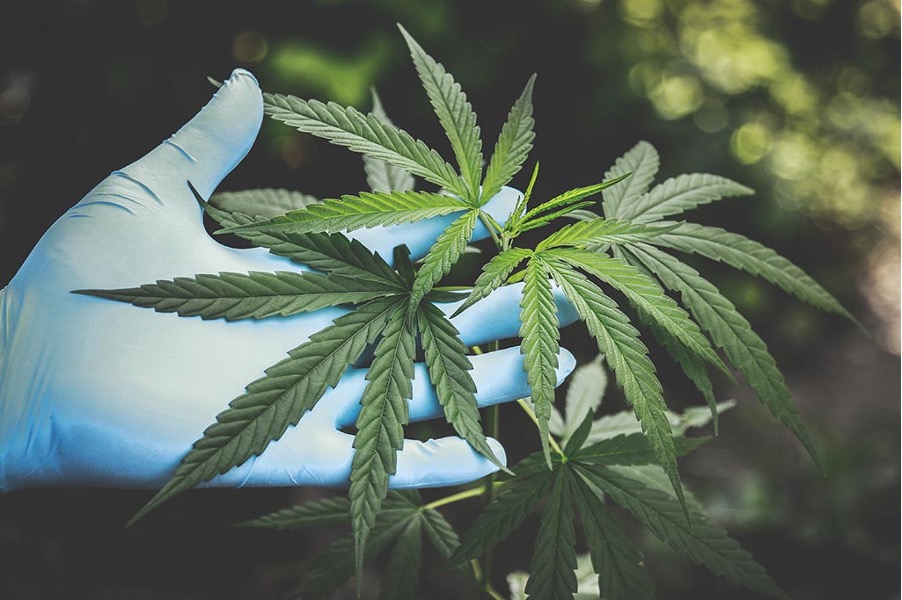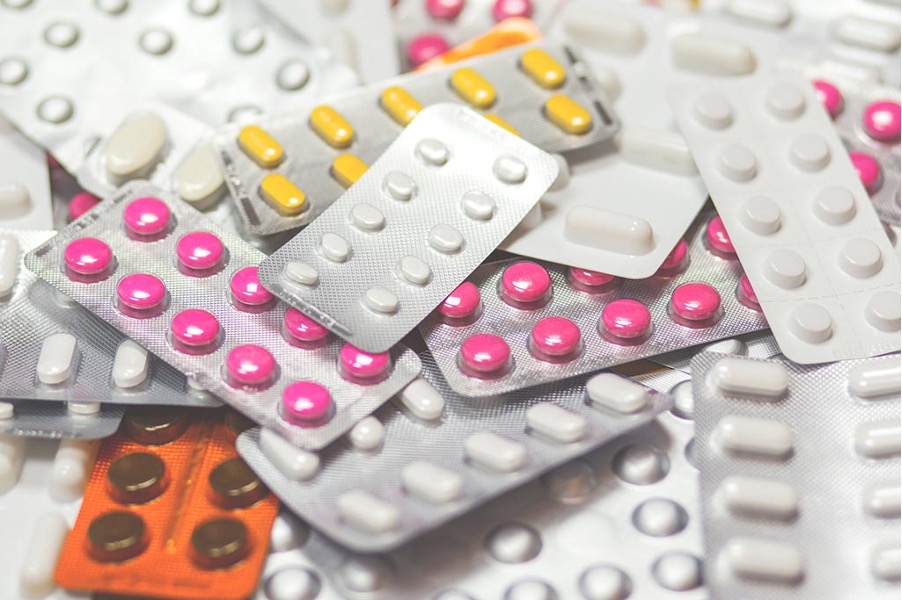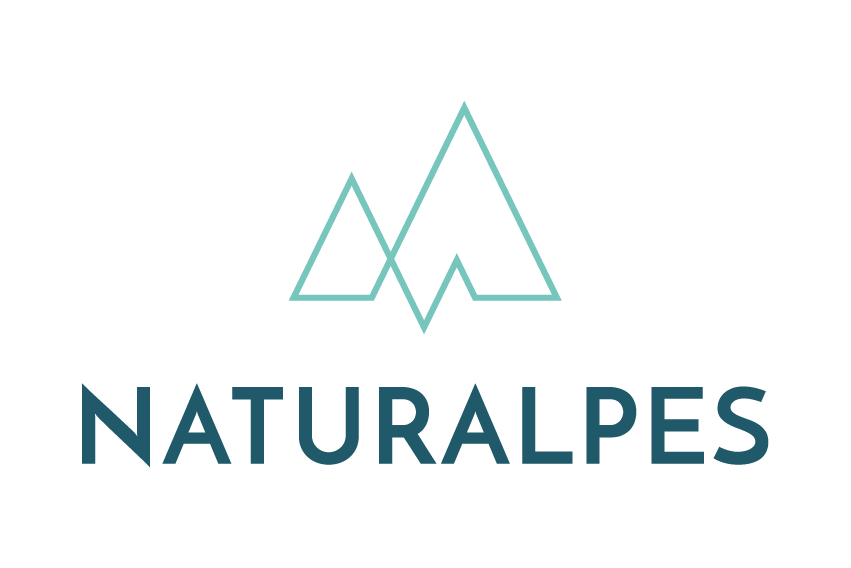CBD and drugs: are there any interactions and contraindications?
The properties of CBD, or cannabidiol, have been the focus of attention in the health community for many years. This substance has anti-inflammatory, anxiolytic and anti-epileptic properties, to name a few.
CBD, unlike THC, is a non-psychoactive compound. It is therefore completely legal in France. It is possible to consume this plant in various forms, including CBDoil, edible products, flowers, vaping liquids, capsules and topical creams.
If these virtues are increasingly validated by science, a question arises for people under medication: is consuming CBD in parallel with other drugs presents a risk? Naturalpes reveals all you need to know about drug interactions and contraindications of CBD.
Should you be careful with medications when taking CBD?
To answer this question briefly: yes, you should pay attention to the medications you take when you consume CBD. Talking to your doctor about CBD is necessary if you want to avoid any risk. The dangers of CBD are low, and possible drug interactions still need to be studied further.
Still, only a health professional can tell you if there is a drug interaction between your treatment and the intake of CBD.

Cannabidiol and contraindications
Apart from the drug interaction, there are few contraindications to the use of CBD, its side effects being rare and often less painful than the symptoms it helps to relieve. However, there are a few.
You should be cautious about using CBD if:
- You are pregnant, as CBD is suspected of altering the properties of the placenta;
- Suffering from severe pollen allergy;
- You suffer from arterial or cardiac problems, as CBD may cause a drop in blood pressure.
CBD and cytochrome "P450" liver enzymes
The hepatic cytochrome "P450" enzymes are a group of enzymes responsible for the metabolism of most drugs in the body. These enzymes can activate or deactivate these drugs. CBD has the ability to inhibit this enzyme.
This is also the case for grapefruit. However, this drug interaction is negligible if the quantities consumed are moderate. A simple solution is not to consume CBD at the same time as taking medication, or to avoid oral consumption such as CBD oil.

CBD and antidepressants, anxiolytics and sleeping pills
Interactions between CBD and antidepressants, anxiolytics and sleeping pills are of concern since these drugs have similar effects to cannabidiol. They are therefore likely to be consumed by the same people.
At the moment, no study seems to show a harmful interaction between these drugs and cannabidiol. Nevertheless, some consumers have noted problems of drowsiness and confusion. It is therefore recommended to consume before bedtime, by slipping a few drops of CBD oil under the tongue for example.
CBD and thyroid hormones
Although we don't know exactly how, cannabinoids have an influence on the concentration of thyroid hormones such as TSH and T4. CBD would notably help to reduce the inflammation of the thyroid, and would thus be indicated in case of hypothyroidism. No interaction with traditional treatments of thyroid problems has been detected so far, CBD could be a good supplement to drugs. However, caution is still required.
CBD and corticosteroids (or steroidal anti-inflammatory drugs)
Corticosteroids can be used to treat many types of chronic conditions and diseases such as asthma, arthritis, lupus, ulcerative colitis, psoriasis, Crohn's disease and many others. It is thus a very widespread treatment.
However, a study suggests that the CYP3A enzyme is inhibited by both corticosteroids and CBD. As a result, the corticoid is degraded more slowly, which increases the side effects. This drug interaction must nevertheless be the subject of a scientific consensus before being validated. Moreover, as this interaction is done in the liver, it can also be avoided by preferring the consumption of flowers or creams rather than CBD oil or consumables.
CBD and antihistamines
A study has shown that CBD interacts with the enzymes that metabolize doxylamine, a first generation antihistamine widely used around the world to treat allergies. This interaction would lead to cognitive impairment, drowsiness and breathing difficulties. Again, further studies are needed to validate the interaction between these two substances.
CBD and anticoagulants
CBD's interactions with anticoagulants are not well understood. CBD is thought to interact with anticoagulants in a way that can lead to bleeding.
Indeed, CBD would have the ability to reduce platelet aggregation and prolong bleeding time. Studies are needed to prove this drug interaction. If you are taking anticoagulant treatment, talking to your doctor about CBD is the wisest course of action.
CBD and painkillers (opiate-based)
The interactions between CBD and analgesics do not seem, in the current state of scientific knowledge, to present any danger. However, an American study mentions that the effects of these two substances are added and, eventually, potentiate each other, leading to drowsiness and cognitive disorders. It is therefore recommended to space the taking of analgesic and CBD.
CBD and anti-hyperglycemics
People suffering from diabetes are on anti-hyperclimate medication to control their blood sugar levels. CBD is useful in diabetes as it is believed to help balance insulin levels, which people with diabetes lack. A study indicates that CBD interacts negatively with metformin, an anti-diabetic drug.
The combined effect of the two substances would create a lactic acidosis, which would result in dizziness, muscle pain and breathing difficulties. These effects are, at the moment, only at the stage of hypothesis. But, as a precaution, you should avoid CBD oil or consumables if you suffer from diabetes.

CBD: contraindications and drug interactions, what to conclude?
Numerous studies, corroborated by testimonies, seem to indicate that the consumption of CBD can have interactions with certain drugs. Drug contraindications would thus concern a significant part of the population.
However, this finding must be qualified. For almost all of these interactions, there are too few studies to draw reliable conclusions. Moreover, millions of people around the world consume CBD daily while taking medication.
If serious interactions existed with the most common drugs, they would have been brought to the attention of the medical community long ago. Finally, since most drug interactions take place in the liver, avoiding oral modes of consumption such as CBD oil is enough to avoid the risks. No need, therefore, to dismiss this substance with its many benefits if you are undergoing medical treatment.
Just ask your doctor's advice before using, and be mindful of how your body reacts. Have you experienced any drug interactions while consuming CBD? Feel free to share your story in the comments.
Official sources
https://www.bag.admin.ch/bag/de/home/medizin-und-forschung/heilmittel/med-anwend-cannabis.html
https://www.parlament.ch/de/ratsbetrieb/suche-curia-vista/geschaeft?AffairId=20205480

